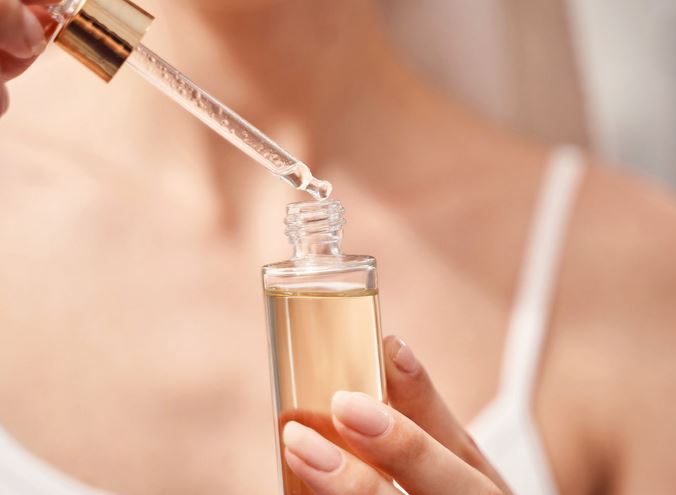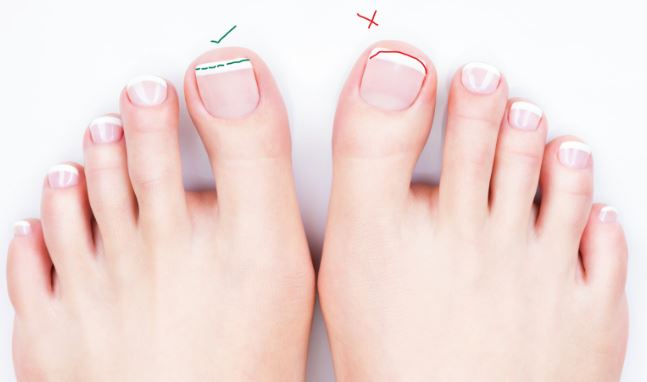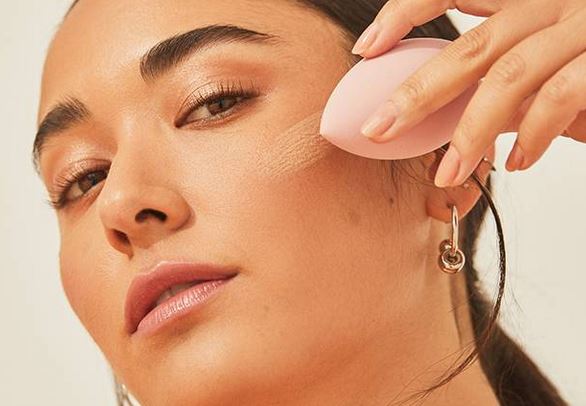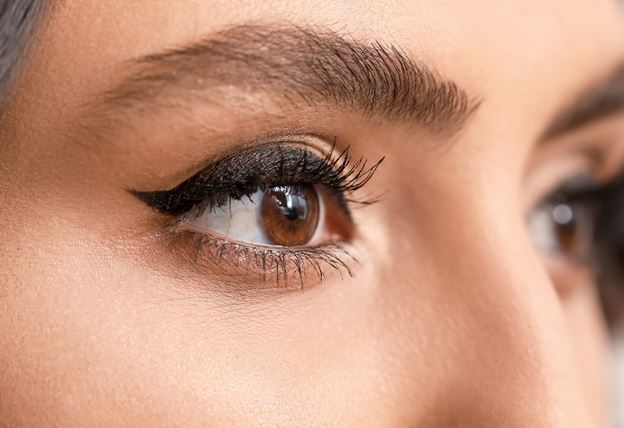The benefits of incorporating facial oils into your skincare routine | |

| |
Facial oils have gained popularity in recent years as an essential component of a well-rounded skincare routine. While the idea of applying oil to your face might sound counterintuitive, facial oils offer a multitude of benefits for the skin. They are packed with nourishing ingredients that can improve skin hydration, balance oil production, and enhance overall complexion. In this article, we will explore the numerous benefits of incorporating facial oils into your skincare routine. 1. IntroductionFacial oils have been used for centuries in various cultures to promote healthy and radiant skin. They are formulated with natural oils derived from plants, seeds, and nuts, which are rich in essential fatty acids, antioxidants, vitamins, and minerals. These potent ingredients work together to provide numerous benefits for the skin. 2. Understanding Facial OilsFacial oils are lightweight, non-greasy formulations that can penetrate the skin to deliver moisture and nutrients. They come in various types, such as argan oil, jojoba oil, rosehip oil, and marula oil, each with its unique properties and benefits. These oils can be used on different skin types, including oily, dry, combination, and sensitive skin. 3. Hydration and MoistureOne of the primary benefits of facial oils is their ability to hydrate and moisturize the skin. They create a protective barrier on the skin's surface, preventing moisture loss and keeping the skin plump and supple. Facial oils help replenish the skin's natural oils, especially for those with dry or dehydrated skin. 4. Balancing Oil ProductionContrary to popular belief, facial oils can be beneficial for oily and acne-prone skin as well. When the skin is deprived of moisture, it tends to overproduce oil, leading to breakouts and congestion. By incorporating facial oils into your routine, you can help balance oil production and reduce excessive sebum secretion, leading to a more balanced complexion. 5. Anti-Aging PropertiesFacial oils are often packed with antioxidants and vitamins that help fight free radicals and combat signs of aging. These powerful ingredients help protect the skin from environmental damage, reduce the appearance of fine lines and wrinkles, and promote a youthful glow. Regular use of facial oils can improve the overall texture and tone of the skin. 6. Enhancing Skin Barrier FunctionThe skin's barrier function plays a crucial role in maintaining its health and protecting it from external aggressors. Facial oils help strengthen the skin's barrier, ensuring optimal protection against environmental stressors, pollutants, and irritants. A healthy skin barrier results in improved moisture retention, reduced sensitivity, and enhanced overall skin health. 7. Soothing and CalmingMany facial oils have soothing and calming properties, making them ideal for sensitive or irritated skin. Ingredients like chamomile, lavender, and calendula oils have anti-inflammatory benefits and can help reduce redness, irritation, and inflammation. Using facial oils can provide relief and comfort to sensitive skin conditions. 8. Choosing the Right Facial OilWhen choosing a facial oil, it's essential to consider your skin type, concerns, and specific needs. Different oils have different textures, absorption rates, and benefits. For example, lighter oils like jojoba oil are suitable for oily or acne-prone skin, while richer oils like rosehip oil are beneficial for dry or mature skin. Research and experiment to find the best facial oil for your skin. 9. How to Incorporate Facial Oils into Your Skincare RoutineTo incorporate facial oils into your skincare routine, follow these simple steps:
Remember, a little goes a long way with facial oils. Start with a small amount and adjust as needed. It's best to use facial oils in the evening or when your skin needs an extra boost of hydration. 10. ConclusionIncorporating facial oils into your skincare routine can have a transformative effect on your skin. From providing hydration and moisture to balancing oil production, combating signs of aging, and enhancing the skin's barrier function, facial oils offer a range of benefits. Choose the right facial oil for your skin type and enjoy the nourishing and revitalizing properties it brings. Embrace the power of facial oils and unlock a radiant, healthy complexion. FAQs1. Can facial oils clog pores and cause breakouts? Facial oils, when chosen and used correctly, should not clog pores or cause breakouts. Opt for non-comedogenic oils and avoid using excessive amounts. Those with acne-prone skin should look for lightweight, balancing oils like jojoba or grapeseed oil. 2. Can facial oils be used on oily skin? Yes, facial oils can be used on oily skin. They can actually help balance oil production and provide hydration without greasiness. Look for lighter oils like jojoba or argan oil and start with a small amount to see how your skin responds. 3. How often should I use facial oils? The frequency of using facial oils depends on your skin type and needs. Start by incorporating them into your skincare routine a few times a week and adjust as needed. Those with drier skin may benefit from using facial oils daily, while oilier skin types may prefer using them a few times a week. 4. Can facial oils replace moisturizers? Facial oils can provide hydration and nourishment to the skin, but they may not always be sufficient as standalone moisturizers. It's recommended to layer a moisturizer over facial oils, especially for those with dry or dehydrated skin, to seal in the moisture. 5. Can I use facial oils around the eye area? Some facial oils can be used around the eye area, but it's essential to choose oils that are gentle and suitable for the delicate skin. Look for oils like rosehip or argan oil and be cautious to avoid getting the oil into your eyes. | |
| Category: Skin Care | |
| Total comments: 0 | |









